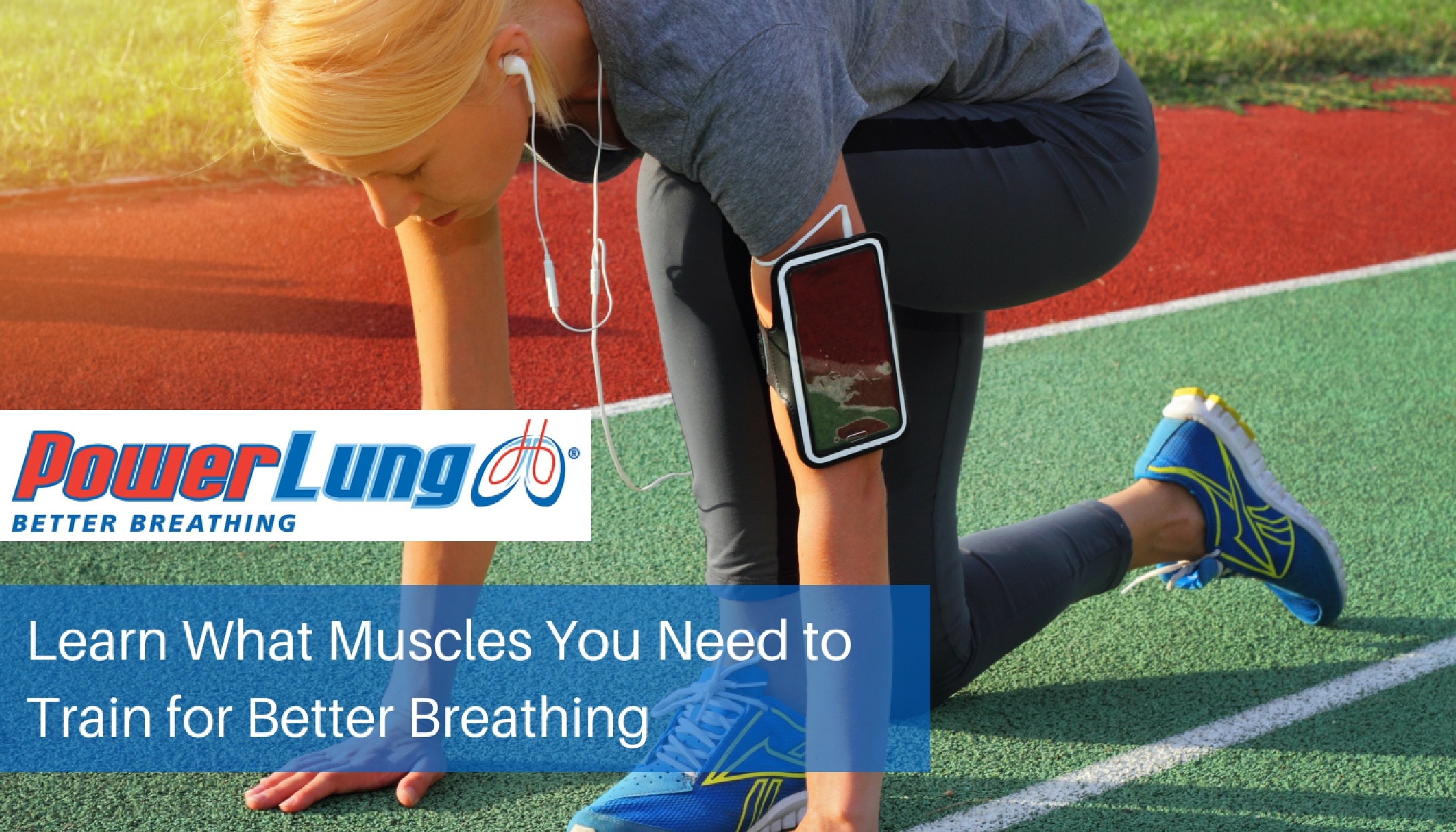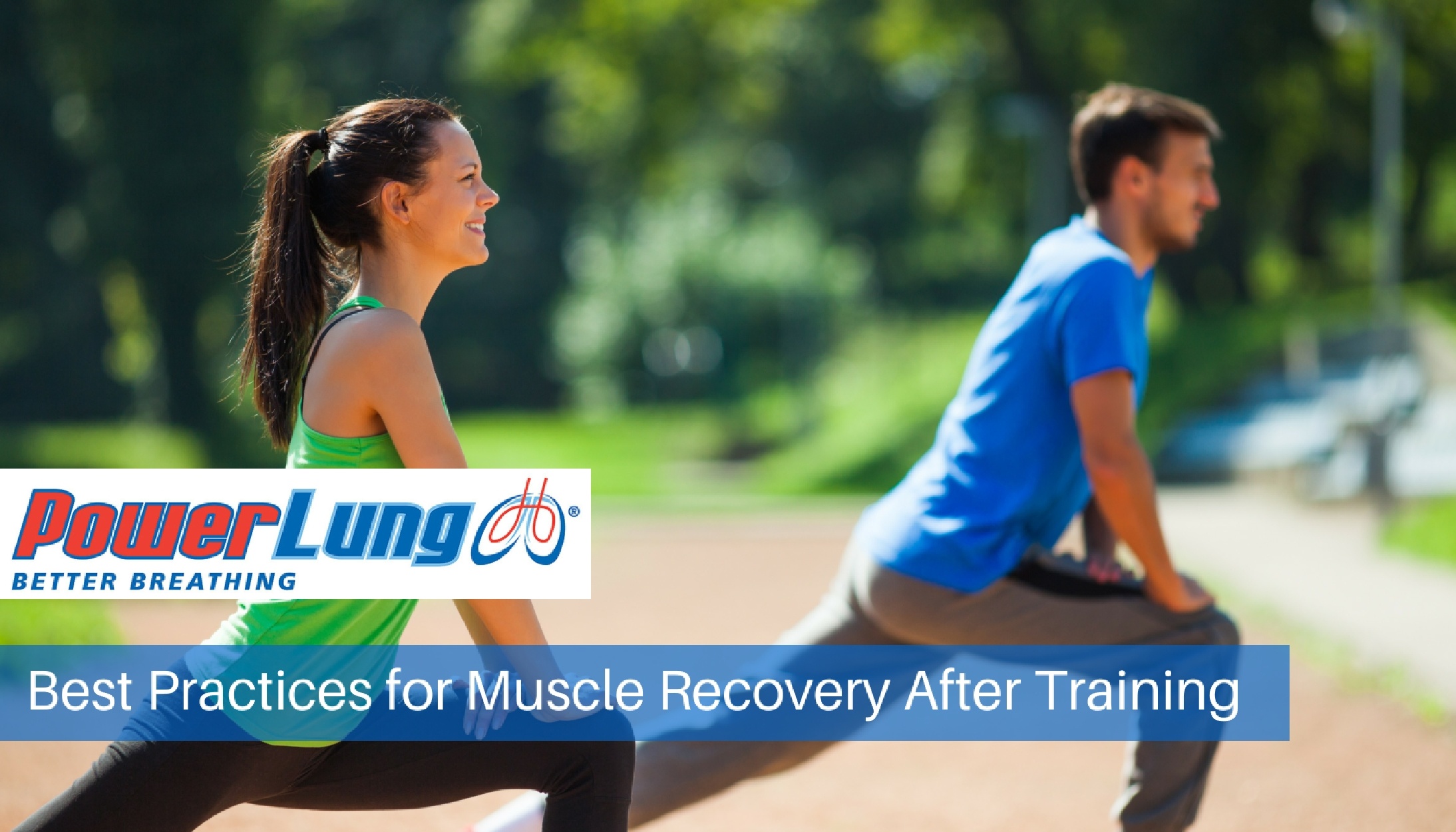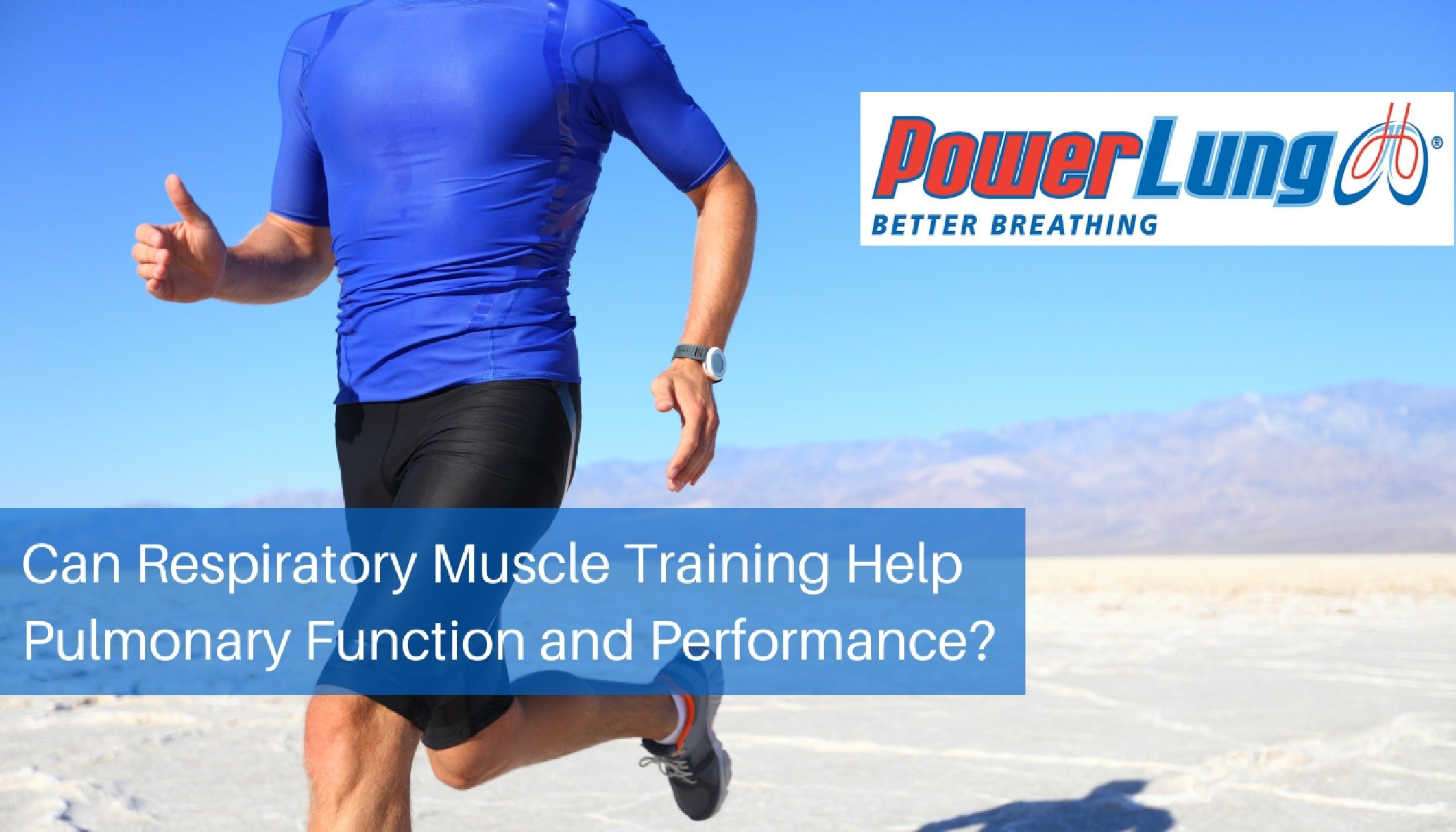
It has long been touted that exercise improves brain function, and this concept has been used widely to support a recent drive to increase physical activity and save recess in schools. However, the benefits go well beyond school age years, and evidence supports the importance of regular physical exercise throughout life. It is a universally accepted understanding that regular exercise is good for the body. However, more and more research is being released showing the benefits to the brain as well. If you are considering starting an exercise regimen, training for a sporting event, or simply want to improve your health, here is some interesting science behind the connection, and a few of the useful facts about regular physical exercise and mental improvement:
Read More
Topics:
Better Breathing,
Training,
Running,
Athletes,
Swimming,
Active Aging,
Health and Fitness,
Track and Field,
Scuba Diving,
Cycling,
Yoga
It is commonly understood that using Respiratory Muscle Training (RMT), a series of exercises and breathing techniques to increase strength and endurance of respiratory muscles, will improve breathing (and subsequently, respiration) during periods of exercise. However, understanding the science behind RMT is important to better utilize the techniques to benefit respiration and endurance.
Read More
Topics:
Better Breathing,
Training,
Triathletes,
Running,
Athletes,
Swimming,
Coaches,
Health and Fitness,
Track and Field,
Scuba Diving,
Cycling,
Mountain Biking,
Soccer,
Rowing,
Hockey,
Crossfit,
Competitive Swimming,
Yoga,
Diving
You are working hard, maintaining a tough training schedule and feeling good about it, but the soreness is starting to affect you. Your first thought may be to simply back off what you are doing, or quit altogether, but that’s not the answer. There are ways to minimize soreness and improve recovery so you can maintain your training regimen.
Read More
Topics:
Training,
Triathletes,
Running,
Athletes,
Swimming,
Track and Field,
Scuba Diving,
Cycling,
Mountain Biking,
Soccer,
Rowing,
Hockey,
Crossfit,
Competitive Swimming,
Yoga,
Diving
When considering adding respiratory muscle training to an athlete’s training regimen, one may ask if any true benefit has been found. Although it has been proven beneficial to COPD patients, there have been mixed reports in the past regarding hyperpnea (technique for improving endurance respiratory muscle function) training. Variations in study types, methods and protocol could be factors in the mixed results. Athletes and their trainers are looking for tools which can truly improve performance, and studies specific to their gender, sport and level of competition are in demand.
Read More
Topics:
Better Breathing,
Triathletes,
Running,
Track and Field
Athletes, professional and amateur alike, think about training their heart, legs, back, and anything else related to their sport. However, rarely do people ponder training their lungs. There is a direct link between fatigued breathing and reduced performance (weakness) in your legs or other muscles needed to compete in any given sport. The bottom line is that when you breathe better, you provide more oxygen to your muscles, thereby improving your athletic performance.
Read More
Topics:
Training,
Triathletes,
Running,
Athletes,
Swimming,
Musicians and Vocalists,
Health and Fitness,
Track and Field,
Scuba Diving,
Cycling,
Mountain Biking,
Soccer,
Rowing,
Hockey,
Crossfit,
Competitive Swimming
Read More
Topics:
Better Breathing,
Training,
PowerLung,
Triathletes,
Running,
Athletes,
Swimming,
Coaches,
Active Aging,
Musicians and Vocalists,
Health and Fitness,
Track and Field,
Scuba Diving,
Cycling,
Mountain Biking,
Soccer,
Rowing,
Hockey,
Crossfit,
Competitive Swimming,
Yoga,
Diving
Sprinting. People either hate it or they love it. When coaches require their players to sprint, they hate it. When runners, cyclists or swimmers sprint to the finish line, they love it. Sprinting really depends on when you do it and why you do it. Many joggers use a sprint to finish their run, while sprinting for some athletes, like soccer players or swimmers, is just part of the game or competition. The goal behind sprinting, however, should be to push your body to new exercise or athletic levels, not to overextend it.
Read More
Topics:
Better Breathing,
Training,
Triathletes,
Running,
Athletes,
Health and Fitness,
Track and Field
Track and field athletes run thousands of miles in their careers. The end goal of every race, every competition, is to make it past the finish line faster than every other runner on the field. It takes strength, endurance, and skill to train for track and field events. Many runners fail to realize the importance of breathing technique and rhythm. Breathing should not limit your ability to run or perform running routines. Are you using proper breathing methods as you run towards the finish line?
Read More
Topics:
Athletes,
Health and Fitness,
Track and Field








